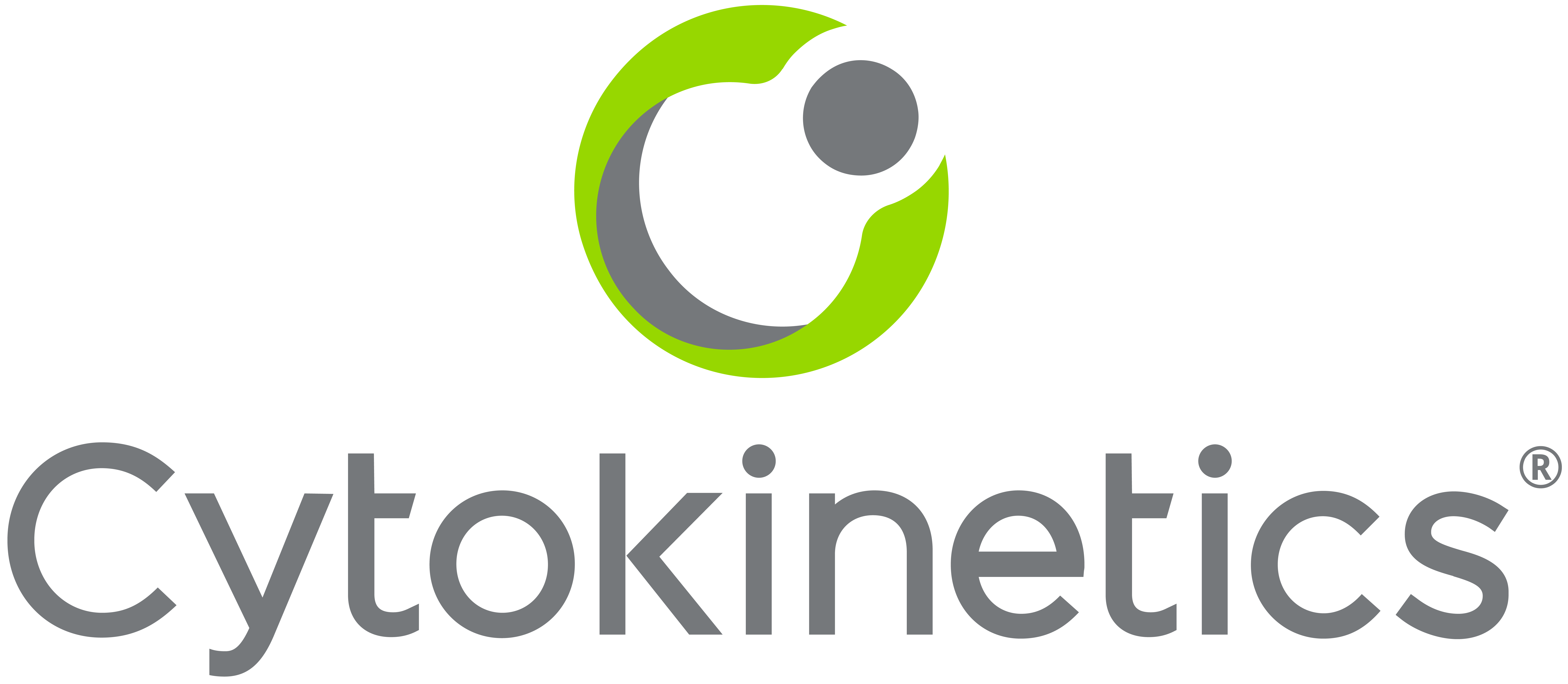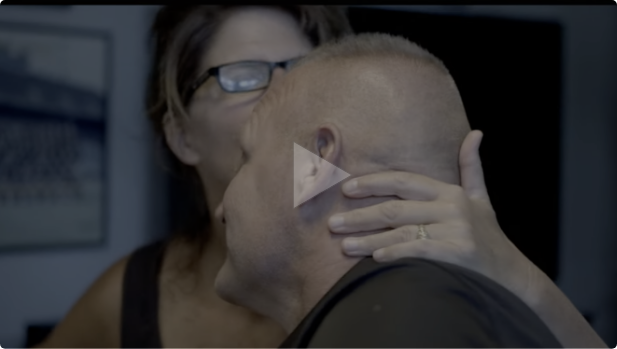Chuck is an Army veteran, dedicated father, grandfather and husband whose life was diverted by a diagnosis of ALS. Listen to his story about living with this condition.
There is no cure for most neuromuscular diseases
Neuromuscular diseases affect the nervous system, impacting the nerve cells that send messages from the brain and spinal cord to muscles throughout the body, often resulting in muscle weakness or loss. These diseases may impact the nerves that control your muscles, the muscles themselves, and importantly, the communication between nerves and muscles.
Roughly 250,000 Americans are impacted by neuromuscular diseases.1
Depending on the disease, symptoms may include muscle weakness, muscle loss, balance problems or fatigue. In diseases like amyotrophic lateral sclerosis (ALS), nerve cells progressively die, preventing the brain from communicating with the muscles through the spinal cord. When this happens, muscles receive less nerve signal, weaken and atrophy, or waste away due to lack of use.
Some neuromuscular diseases are inherited while others are autoimmune. Most do not have a cure.
Cytokinetics is driven to help improve the lives of people with neuromuscular diseases by applying our understanding of the mechanics of muscle function and contractility to the discovery and development of novel potential treatments.


